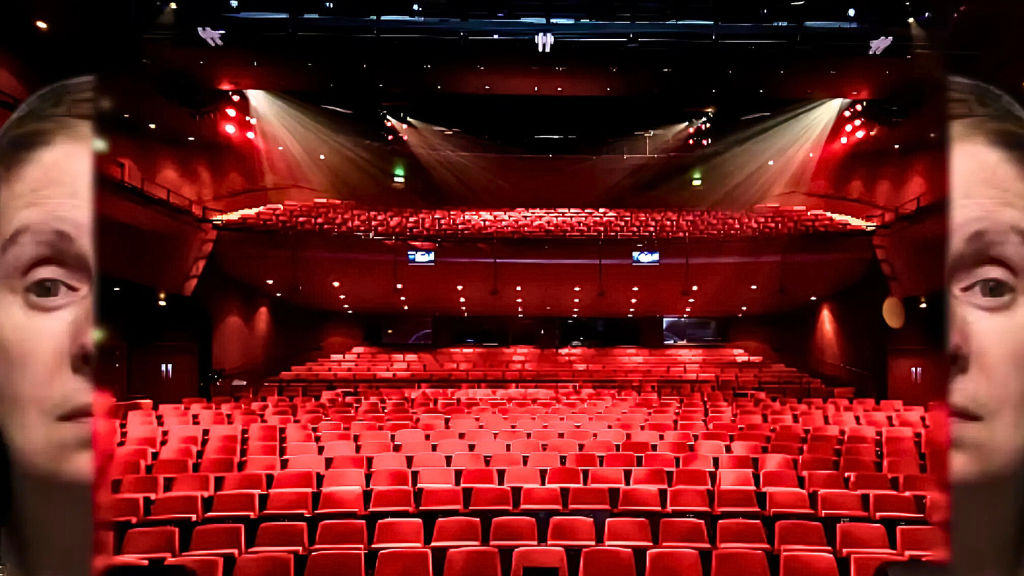
In a recent panel discussion, Quantum Gaming CEO Oliver De Bono, partner at Mwenje and Karanja Law Firm Arnold Karanja, and founder of Betconsult Africa John Kamau participated, focusing on the nuances of massive betting and understanding financial planning when entering the African market.
Financial Planning Considerations:
The experts emphasized the importance of strategic financial planning, especially in the diverse legal jurisdictions of the African market. Similar to the European market, different geographical locations in Africa exhibit variations in taxes, VAT, and regulatory fees. Legal expert with experience across multiple African countries, Oliver De Bono highlighted two key considerations for operators,
License Acquisition and Company Acquisition: Operators must decide whether to acquire a license in a specific territory or to purchase an existing company. Due diligence is crucial, and the timeline for financial planning may vary depending on the chosen approach.
Tax Consultation: Working with a reliable tax advisor is essential for navigating complex tax systems, including excise taxes, withholding taxes, corporate taxes, and business taxes. Errors in tax registration can lead to unexpected financial disputes.
John Kamau provided insights on market selection, advising operators to choose countries with stable regulations, high internet and mobile penetration rates, and favorable payment models.
Gambling Tax in Kenya:
The panel discussed a specific case from Kenya, revealing the country's gambling tax structure. In Kenya, the gambling tax is set at 15% of GGR, with an additional withholding tax on winnings. Challenges arise when certain taxes, such as the withholding tax on winnings and consumption tax on platforms (Pankas), are imposed on customers, potentially giving an advantage to illegal gambling sites that avoid these taxes.
Learning from International Markets:
The experts stressed the importance of learning from international market experiences to avoid pitfalls. They appreciated Kenya's reasonable licensing fees, acknowledging that excessive fees could negatively impact the industry and operators.
Licensing Fees in Kenya:
The discussion on Kenya's licensing fees revealed that a gambling operation license might have a government fee of about 10,000, but the total cost could be five to six times this figure. On the other hand, a casino license might cost about 80,000 in government fees, with the total cost potentially doubling. The experts recommended working with local experts and considering acquiring existing companies through due diligence.
Karen McGowan, former financial director at Curve Theatre, is currently serving a four-year and ten-month sentence for embezzling £868,804.31 from her employer. The 50-year-old McGowan stole this amount over 17 months after being promoted.
McGowan joined the financial team at Curve Theatre in 2014 and was promoted to financial director in 2019. Just two months after her promotion, suspicious activities were discovered in her husband's bank account by the theatre. They squandered most of the funds on gambling and paying off gambling debts.
Sentenced to Prison
McGowan's husband Graham was sentenced to 23 months in prison, but the sentence was suspended for two years. The crime was discovered in April 2019, and Graham initially denied the charges, leaving former colleagues devastated. The police also interrogated Curve Theatre's CEO Chris Stafford and another member of the financial team.
In his testimony, Stafford said: "Honest people in the team were questioned by the police. Karen also made some false accusations about how the fraud occurred, including claims of a dark web attack on the theatre's system."
False Accusations to Cover Gambling Addiction
Initially, McGowan blamed former colleagues, later attributing the missing funds to a "dark web attack." In the prolonged trial, she initially pleaded not guilty but changed her plea to guilty in 2023.
Karen McGowan admitted to committing two acts of fraud by abusing her position and also pleaded guilty to a money laundering charge. Her husband also pleaded guilty to a money laundering charge. Prosecutor Andrew Peet stated that the couple's denial of the crimes and covering up the gambling addiction caused delays in the case. Peet said: "The delay was entirely the defendants' responsibility, choosing to evade the facts or outright deny the charges."
Peet told the court that McGowan often worked overtime and did not take annual leave to avoid scrutiny. He told the court: "Curve is a charity that exists thanks to public support and funding from the Charity Commission."
Karen McGowan's lawyer Saleema Mahmood in court stated that McGowan initially turned to scratch cards to improve her financial situation, but it later developed into a more serious gambling addiction. Mahmood said: "There is no doubt that this is a highly controlling addiction that eroded everything about this otherwise competent woman in her forties." Mahmood also mentioned that when the police informed her of the total amount, Karen McGowan was deeply shocked.
A Heartbreaking Case
McGowan's lawyer John Lucas told the court that McGowan's wife had a significant influence on him, "he let it happen. He trusted her. He chose to ignore it because of his love for her." Lucas also said: "This money did not improve his quality of life, which is why this case is incredibly sad."
During the sentencing at Leicester Criminal Court, Judge Timothy Spencer KC noted that Karen McGowan caused "tremendous harm" to former colleagues and pointed out: "The method of the crime was relatively simple, not very clever, and likely to be discovered."
During the reading of the sentence, the gambling-addicted Karen McGowan became physically ill and was taken to the hospital. The judge asked if she wanted to attend the sentencing, but she refused. The judge noted this seemed to be triggered by "deep shame" leading to a "panic attack." In March 2025, a hearing will be held under the Proceeds of Crime Act to attempt to recover part or all of the £868,804.31.










